By Charlize Alcaraz
A group of Ryerson educators, staff and creative technologists have developed a Google Chrome extension that replaces the school’s namesake with ‘X’ across all websites and webpages.
Indigenous students published an open letter in May addressed to the university demanding to remove the Egerton Ryerson statue on campus and to change the university’s name.
Motherboard Collective, a group that uses technology and design for activism, followed the lead of Wreckonciliation at X University to address one of the open letter’s demands by automating the process of omitting the university’s name in people’s professional communications online.
“For us, there is no debate about reconciling Ryerson’s legacy…From an Indigenous student’s perspective, it cannot be reconciled,” the letter reads. “The only solution then, is to change the name.”
The letter stated that its authors will erase the university’s current name from their email signatures, CVs and other professional communications and replace it with an “X,” and asked community members to do the same.
“Historically, Indigenous people have signed with an ‘X’ under conditions that do not fully recognize or honour Indigenous lives. It is a sign of assent under duress”
Using Motherboard Collective’s Google Chrome extension, users can automate the process of omitting “Ryerson” across all platforms supported by the web browser.
“This Chrome extension does this on an individual level where people can learn how to program their way into seeing the letter ‘X’ on their screen rather than the namesake of the school,” said Ashley Jane Lewis, one of the founding members of Motherboard Collective.
“It’s really exciting for us because not only can we stand in solidarity, but we can do that in a way…with the skills that we know and pass on some coding knowledge in the process.”
In a workshop on June 3 with permission from Wreckonciliation at X University, the group taught community members how to build the Google Chrome extension themselves using pre-written code.
Using this method, users can replace certain terms in the web browser with any other word of their choosing. However, the “X” holds a more symbolic meaning for Indigenous communities.
The symbol of X
Anne Spice, a geography and environmental studies professor at the university and Tlingit member of Kwanlin Dün First Nation, wrote about how the university’s namesake still haunts her as an Indigenous professor for The Globe and Mail.
“The residential school system that Ryerson dreamed up has caused deep and enduring harm to our families,” wrote Spice. “How can I trust a university that bears his name to be serious about reconciliation?”
Spice also discussed in the article why she will now be replacing the university’s name with an ‘X’ whenever she refers to it in her professional communications.
“Historically, Indigenous people have signed with an ‘X’ under conditions that do not fully recognize or honour Indigenous lives. It is a sign of assent under duress,” wrote Spice.
In Scott Richard Lyon’s book, X-Marks: Native Signatures of Assent, he discusses the treaties that Indigenous leaders were “coerced” into signing and how those treaties led to substantial changes in Indigenous communities.
“An Indian’s signature was recorded by the phrase ‘his x-mark,’ and what the x-mark meant was consent,” Lyons wrote. “An x-mark also signified coercion. As everyone knows, treaties were made under conditions generally unfavourable to Indians.”
Sam Howden is a fourth-year social work student and Red River Métis from Treaty 1 territory in Winnipeg. They are also the equity coordinator at the Indigenous Students’ Association and were involved in writing the open letter.
“[Technology and design] are things that are part of our daily lives and they also have to be part of our change-making process”
Speaking to The Eye in June, Howden said that ‘X’ is also historically relevant to Black and other marginalized communities. They cited the example of political activist Malcolm Little who went by Malcolm X, with the ‘X’ signifying his lost, original African family name.
“X is also a floating signifier in mathematics. When you are searching for a value, you’re solving for X. To me, it’s very symbolic of a place that’s in-between space,” said Howden.
Taking activism online
Made up of educators and creative technologists, Motherboard Collective distinguishes themselves in many ways such as settler, queer, Black and neurodiverse women who approach technology through anti-racist and activist frameworks.
“We’re trying to do this to further this conversation in a way that allows us to take on some of the work…and not just put all the work of having these conversations on Indigenous peoples who are already really affected by what’s happening,” said Tess Sutherland, one of the founding members of Motherboard Collective.
The Google Chrome extension only alters what you see on your own device. However, Lewis said it also has the capacity to change the way one perceives their relationship with the university and its namesake.
“Institutions and people in power don’t often become the people who say, ‘Hey, this is a thing we don’t [say or do] anymore.’ This is something that happens as a result of social and community change and activism,” she said.
As the COVID-19 pandemic prohibited activists from doing their work on the ground, online activism played a crucial role during the peak of the Black Lives Matter protests in June 2020 and again in May 2021, upon the discovery of 215 children’s remains at a former residential school in Kamloops, B.C.
Those who weren’t able to attend protests and sit-ins shared resources on social media or disrupted the cyberspace entirely like Motherboard Collective, who are following the call for the university’s namesake to be changed or omitted from one’s day-to-day internet use.
“This is something that happens as a result of social and community change and activism”
Sutherland said the collective aims to provide people with a way of helping out even when it’s impossible for them to occupy physical space because of the pandemic or other reasons. So, their solution is to bring the power of activism to the digital space.
“[Technology and design] are things that are part of our daily lives and they also have to be part of our change-making process,” she said. “So, there’s power in doing it online.”
MotherBoard Collective’s next workshop will be held on June 21 from 4:30 p.m. to 5:30 p.m. Anyone interested in attending can register with this form.
With files from Sarah Tomlinson

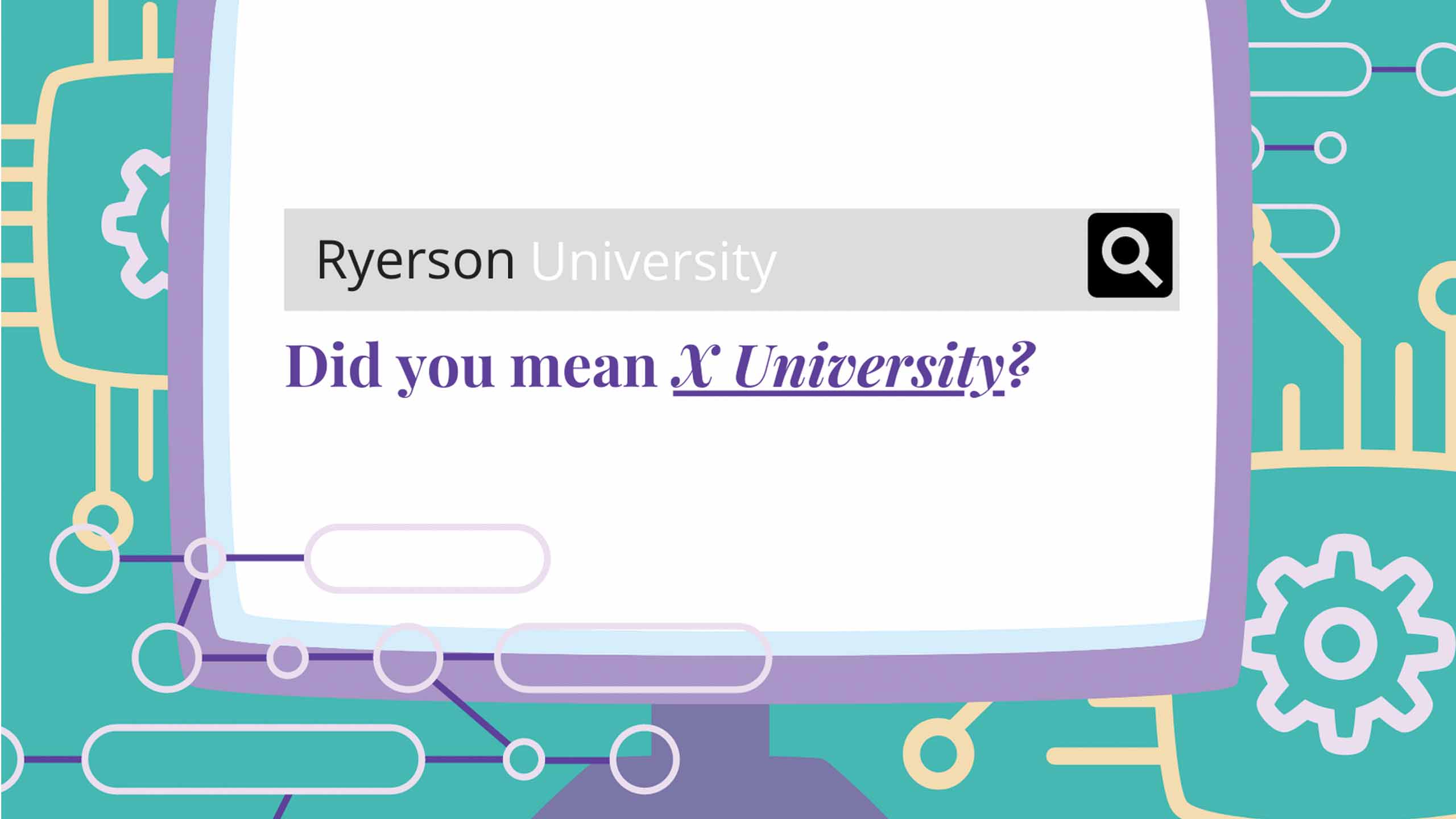
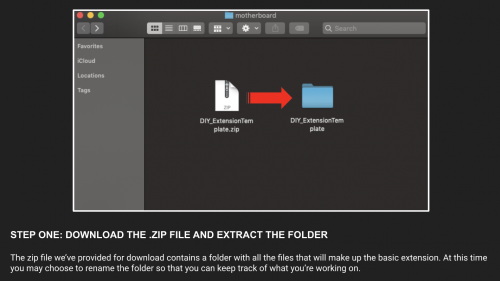
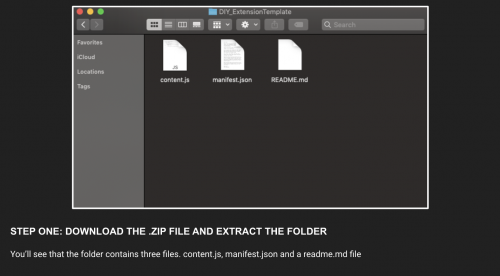
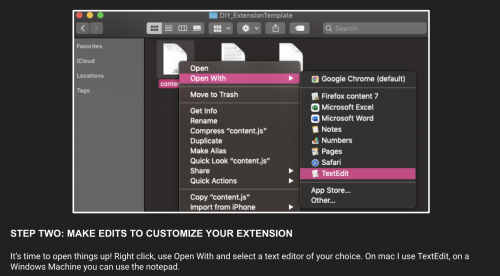
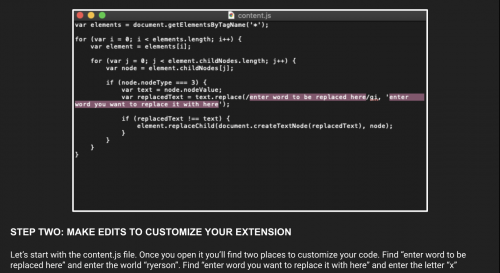
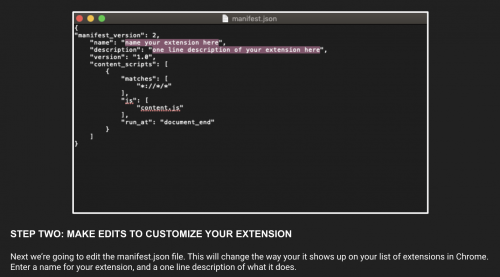
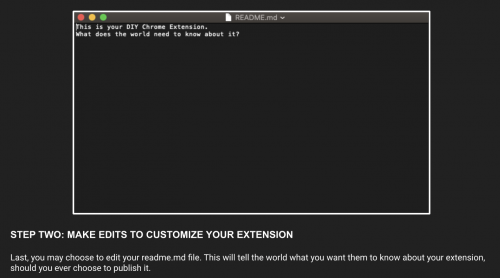
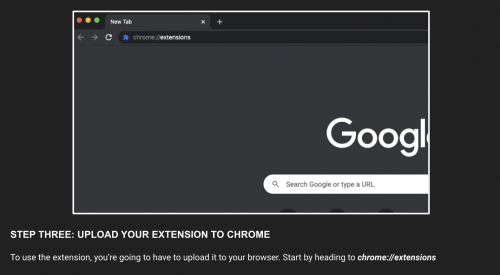
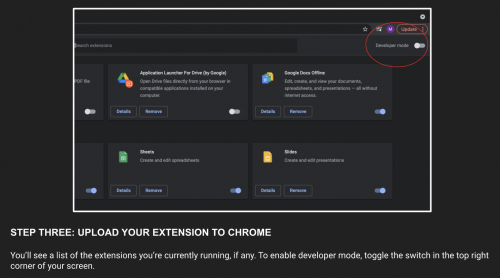
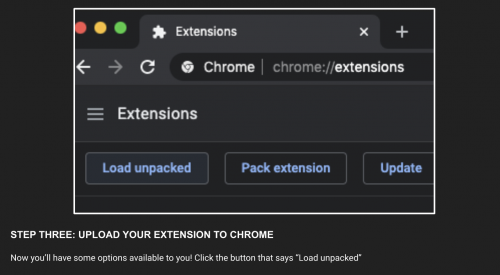
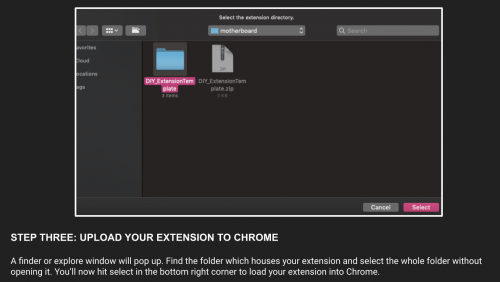
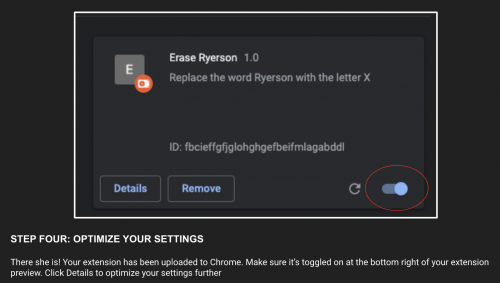
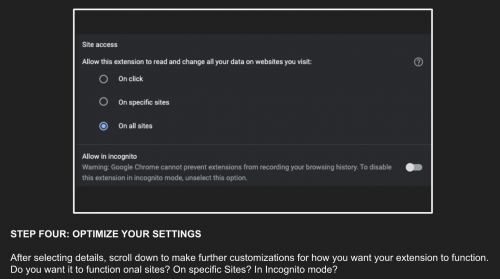








Leave a Reply